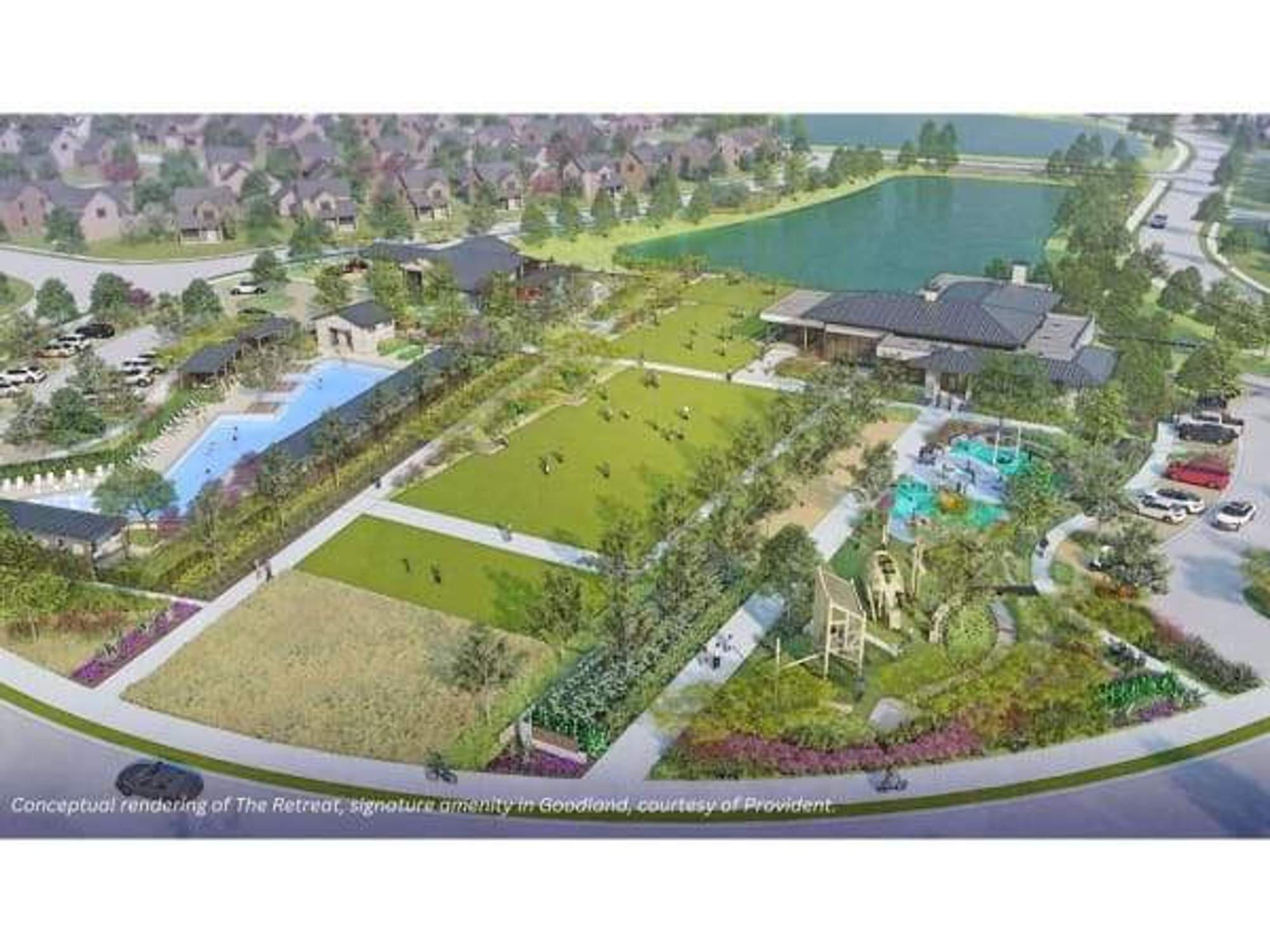Flying higher
Dallas will see one of biggest jumps in home values among HQ2 finalists

Among the 20 finalists for Amazon’s second (and third) headquarters, experts surveyed by real estate website Zillow predict Dallas-Fort Worth will see some of the biggest gains in home values in 2019.
The experts — real estate economists and investment specialists — ranked DFW fourth among the Amazon-finalist markets based on which metro areas they expect to outperform the national average for home-value appreciation next year. Ahead of DFW were Denver, at No. 1; Washington, D.C., No. 2; and Atlanta, No. 3.
In November, Amazon picked the D.C. metro area and New York City to split what had been promoted as the second headquarters, or Amazon HQ2, for the Seattle-based e-commerce giant. Amazon says it plans to eventually hire 25,000 in each of those two places, with another 5,000 corporate jobs heading to Nashville.
Recently, Zillow predicted areas that missed out on HQ2 would see more economic growth as other companies recognize the value in their proposals, led by investments from high-tech companies, as they are priced out of traditional tech hubs.
For this survey, sponsored by Zillow and conducted by Pulsenomics LLC, more than 100 experts were quizzed about for their predictions for the U.S. housing market in 2019. As part of the poll, Pulsenomics asked the experts to rate U.S. markets based on the likelihood that next year’s rise in home values would outpace the national average.
The analysis showed that home value growth in several large U.S. markets — namely a handful closely considered, but ultimately rejected, as potential landing spots for Amazon’s coveted second headquarters — is expected to outperform the national average over the coming year, even as overall growth slows.
Twenty-one experts favored DFW home values to outperform the U.S. average next year, compared with seven who thought the Metroplex would underperform the national average.
Just one expert pegged Austin, the only other Texas finalist for HQ2, as an overachiever in 2019. Austin received no votes from experts who believe the metro area will be an underachiever next year.
So far this year, home values in DFW have jumped 10.9 percent, compared with the national average of 7.7 percent, according to Zillow. In the Austin metro area, home values have risen 6.5 percent thus far.
Next year, the experts predict, the average home value in the U.S. will increase 3.8 percent.
“Amazon ultimately selected two of the country’s most prominent hubs of commerce for their second and third headquarters, but many of the candidate cities that were not ultimately selected could see spillover gains in 2019,” Aaron Terrazas, senior economist at Zillow, says in a release. “The groundwork that they undertook to entice Amazon will also be attractive for smaller employers increasingly strained by high and rising costs in traditional tech hubs.”
Licensed real estate agent Christian Adams of Austin, who’s CEO of Dallas-based Repair Pricer, says he agrees with Zillow survey’s forecast for Dallas, calling it “spot-on,” but disagrees with its perspective on Austin. Repair Pricer’s technology converts home inspection reports into home repair estimates.
Although Dallas-Fort Worth is home to 22 Fortune 500 companies but Austin has none, the Capital City “has been attracting a lot of smaller tech-focused startups and high-growth companies in the last few years,” Adams tells CultureMap. “I believe this is mainly fueled by the fact that Austin offers a vastly dissimilar lifestyle to Dallas.”
Compared with Dallas, he says, Austin is more in tune with the lifestyle of West Coast transplants who are fleeing high corporate and personal income taxes. This, in turn, boosts the Austin housing market, as those transplants — who’ve become accustomed to much pricier homes — “see incredible value in the Austin housing market even after the sustained growth we have been experiencing,” Adams says.
Furthermore, he adds, Austin’s economic growth in 2017 exceeded that of any other U.S. metro with at least 2 million residents, and Austin’s office vacancy rates dropped in the third quarter of this year.
Based on that data — as well as internal data collected by Repair Pricer showing more robust demand for home repairs in Austin than Dallas — Adams predicts Austin will “keep overperforming” despite not having secured one of the Amazon prizes.
